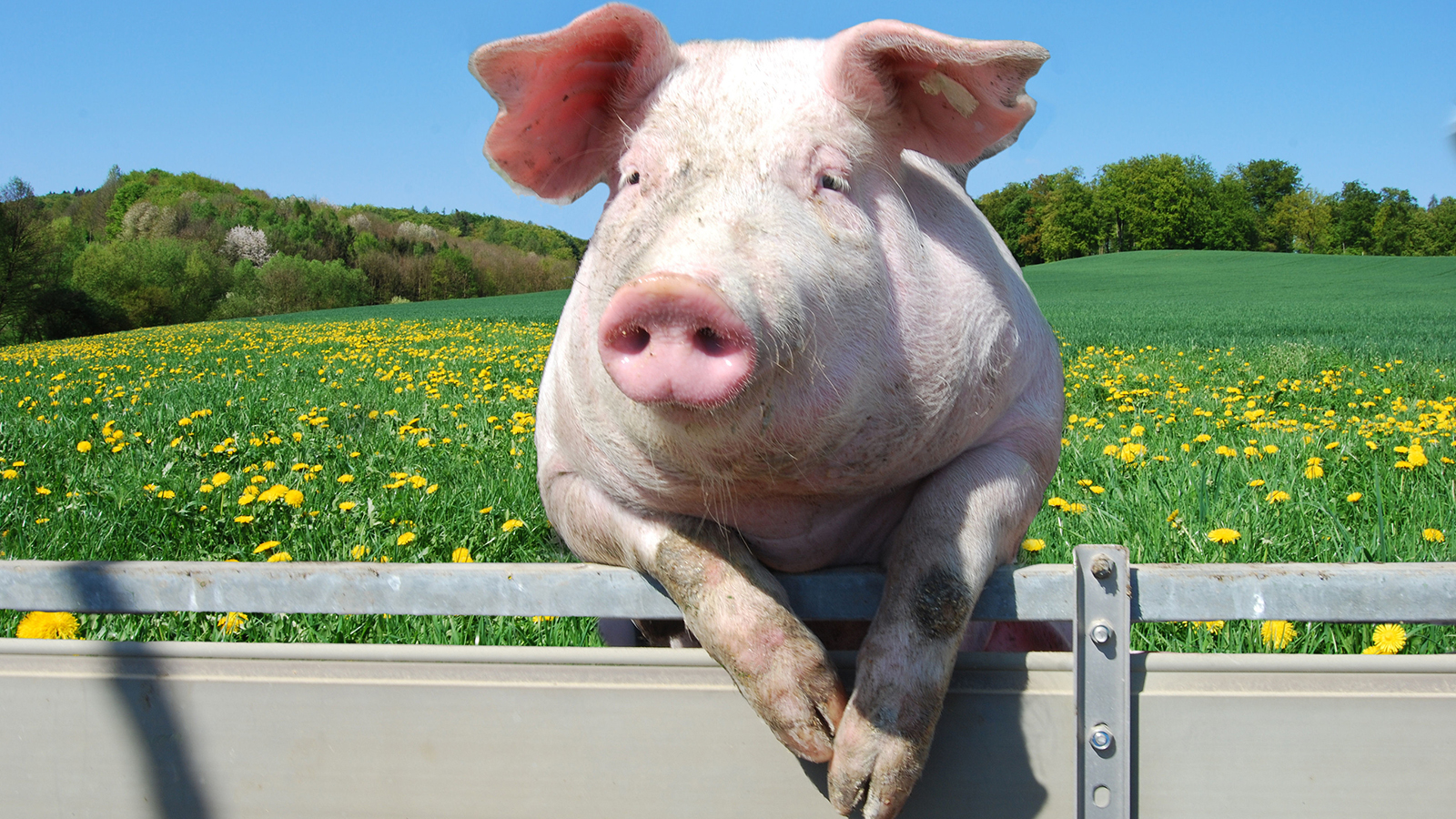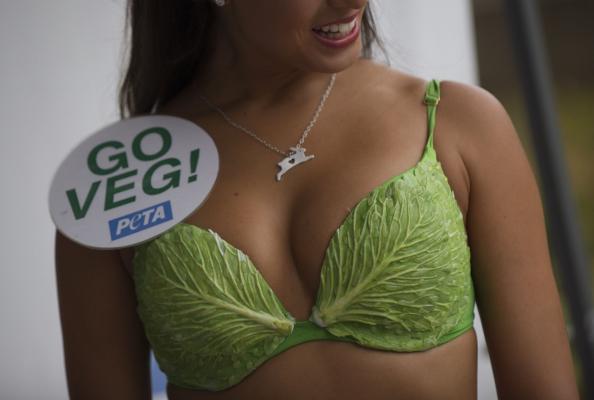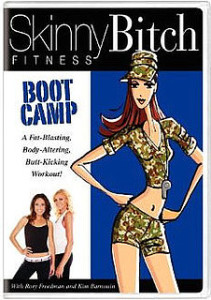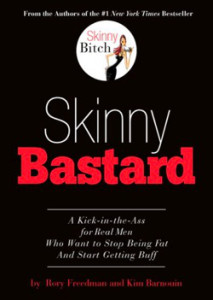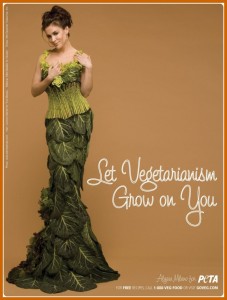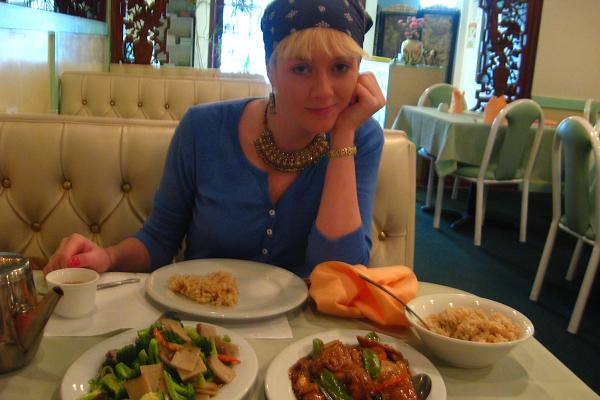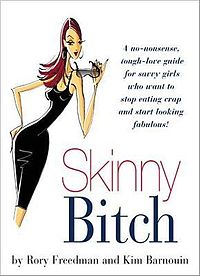
There were many feminists of the Victorian era who tackled the horrors of vivisection, but perhaps none was so outspoken as Frances Power Cobbe. Born of landed gentry in Ireland, she was well educated, philosophically minded, motivated by morality, dedicated to reform, and a prolific speaker and writer. She was also unapologetically fat, more or less openly gay, and grappled with disability most of her life. Cobbe loved to eat, she loved a laugh, and she loved a good fight. Louisa May Alcott, upon meeting her, was taken aback by her presence, and pleased to find such a powerful advocate for justice who also happened to thwart the old maid stereotype that befell single women such as themselves.
Cobbe had been for some years heavily involved in anti-poverty efforts, religious and educational reform, and feminism, but the assault on Nonhuman Animals in vivisection laboratories and medical theaters would come to define her career. For her, there was a clear link observed between the ideological and material treatment of Nonhuman Animals and other marginalized groups. For instance, the heavy use of vivisection in medical training, she believed, was socializing a culture of cruelty in doctors. She and her colleagues saw the inhumane treatment of women (who were often made doubly vulnerable by poverty) as not dissimilar to that faced by other animals. Even the same disciplinary lexicon and utilitarian devices devised for vivisection would be reworked for medical treatments and experiments on women (Lansbury 1985). Cobbe was also aware that institutional prohibitions on women’s healing (midwives were outlawed by the 19th century and women were not allowed to attend medical school to become professional doctors) meant that patients were denied a kinder, more individualized approach to care. It was an intentional disarming of women to maintain their ignorance and dependence.
Vivisection, for Cobbe, was the exemplar for human immorality in a modernizing society; it was the bedrock for many social ills. Many tried to convince her that she was making much of nothing, that vivisection was rarely practiced and, for that matter, mostly harmless. Cobbe would have none of it, barrelling forward and drawing heavily on her scholarly training, gift for debate, and vast social connections to launch a campaign that she would fight until the end of her life. Kramer (1992-1993) credits her for organizing the first protest against vivisection, in fact. In 1863, she collected the signatures of 800 persons who insisted that exiled German physiologist Moritz Schiff cease his torturous experiments, leading to the formation of the Florentine Society for the Protection of Animals. Campaigners were particularly disturbed by the prolongation of violence against other animals in wholly unnecessary experiments conducted by scientists who dissected and mangled Nonhuman Animals without pain relief for purposes of curiosity and career advancement.
Back in Britain, Cobbe appealed to the RSPCA to intervene on the growing industry, quite unsuccessfully as the RSPCA was not wholly against speciesist scientific practices given its own class bias. Cobbe pushed ahead, gathering support where she could. Illustrations she collected from her research in medical journals were reproduced in a variety of campaigning materials, including color posters mounted in cities and railway stations across London and wider Britain. She had even hoped to include morally shocking images in a magic lantern show intended for family audiences (though, after much debate with her colleagues on the efficacy of such a tactic, was likely persuaded against it) (Williamson 2005).
Bolstered by the sympathies of Queen Victoria, Cobbe began to push for legislative regulation of the practice. With the encouragement of her colleagues, she formed the Victoria Street Society, what would become the National Anti-Vivisection Society (NAVS). This effort culminated in the passing of a parliamentary bill in 1875, but the considerable compromises necessary to move it forward manifested the 1876 Cruelty to Animals Act which effectively legitimated the practice and encouraged its rapid growth. Cobbe, a pragmatist, had been committed to restricting, rather than abolishing abolition. Considerable persuasion from her fellow abolitionists eventually moved her to adopt abolition herself, necessitating that she form a new organization, the British Union for the Abolition of Vivisection (BUAV).
The fight continued for the rest of her life. Indeed, it continues to this day. Cobbe, at the time living with her longtime partner, Welsh artist Mary Lloyd, died at the age of 81, leaving quite the legacy. Both NAVS and BUAV are still in operation today, and vivisection, while still well entrenched in scientific and pharmaceutical research, is declining in other industries, such as cosmetics, largely due to consumer pressure like that initiated by Cobbe almost 200 years ago. Technological advancements have created a number of ethical, more scientifically accurate alternatives to vivisection, furthermore, suggesting the possibility of a future cessation.
Cobbe’s legacy, however, is a complicated one. She was against “hunting and rejected the popular millinery fashion of wearing birds’ plumage, but she was not a vegetarian. Being both an advocate for women and an epicure (she claimed to have attended more than 2,000 dinner parties), she thought “meat” a necessity for good living, a necessity that was wrongly discouraged of girls and women. She was also known to be quite the bully, harassing colleague (and vegetarian) Anna Kingsford to the point of causing Kingsford ill health and necessitating her husband intervene with threats of litigation.
Cobbe was a stereotypical upper class Victorian whose wealth and wellbeing were made possible from colonial exploitation (her own family owned land in rural Ireland where her father worked as Dublin’s High Sheriff). She had some rather disparaging attitudes toward the colonies as a result, as well as some rather conservative ideas about gender roles despite her own independent lifestyle. Although she certainly advocated a much less restrictive set of expectations for women (championing their access to education, medical training, martial separation, and child custody), she took issue with women in certain leadership positions. She stocked her Victoria Street Society with men, for instance, to improve its credibility, and viciously attacked Kingsford (a wife and mother) for not restricting her campaigning to the domestic sphere.
For all her complexities, Cobbe is part of a rich history of queer anti-speciesist advocacy that informs a robustly diverse vegan feminist movement today. She certainly was not perfect, but she was a true force of righteousness that championed all sorts of causes. She lived an intersectional life and she recognized the intersectionality that shaped social inequalities. Her fortitude in the face of considerable patriarchal institutional violence and intimidation is nothing short of awe-inspiring.
References
Kramer, M. 1992-1993. “Frances Power Cobbe: Anti-Vivisectionism in Victorian England.” Feminists for Animal Rights Newsletter 7 (1-2): 5-17.
Lansbury, C. 1985. The Old Brown Dog. Madison: The University of Wisconsin Press.
Williamson, L. 2005. Power and Protest. London: Rivers Oram Press.
Dr. Wrenn is Senior Lecturer in Sociology at the University of Kent. She received her Ph.D. in Sociology with Colorado State University in 2016. She was awarded Exemplary Diversity Scholar, 2016 by the University of Michigan’s National Center for Institutional Diversity. She served as council member with the American Sociological Association’s Animals & Society section (2013-2016) and was elected Chair in 2018. She is the co-founder of the International Association of Vegan Sociologists. She serves as Book Review Editor to Society & Animals and is a member of the Research Advisory Council of The Vegan Society. She has contributed to the Human-Animal Studies Images and Cinema blogs for the Animals and Society Institute and has been published in several peer-reviewed academic journals including the Journal of Gender Studies, Environmental Values, Feminist Media Studies, Disability & Society, Food, Culture & Society, and Society & Animals. In July 2013, she founded the Vegan Feminist Network, an academic-activist project engaging intersectional social justice praxis.
She is the author of A Rational Approach to Animal Rights: Extensions in Abolitionist Theory (Palgrave MacMillan 2016), Piecemeal Protest: Animal Rights in the Age of Nonprofits (University of Michigan Press 2019), Animals in Irish Society: Interspecies Oppression and Vegan Liberation in Britain’s First Colony (State University of New York Press 2021), and Vegan Witchcraft: Contemporary Magical Practice and Multispecies Social Change (Routledge 2026).
Receive research updates straight to your inbox by subscribing to my newsletter.


